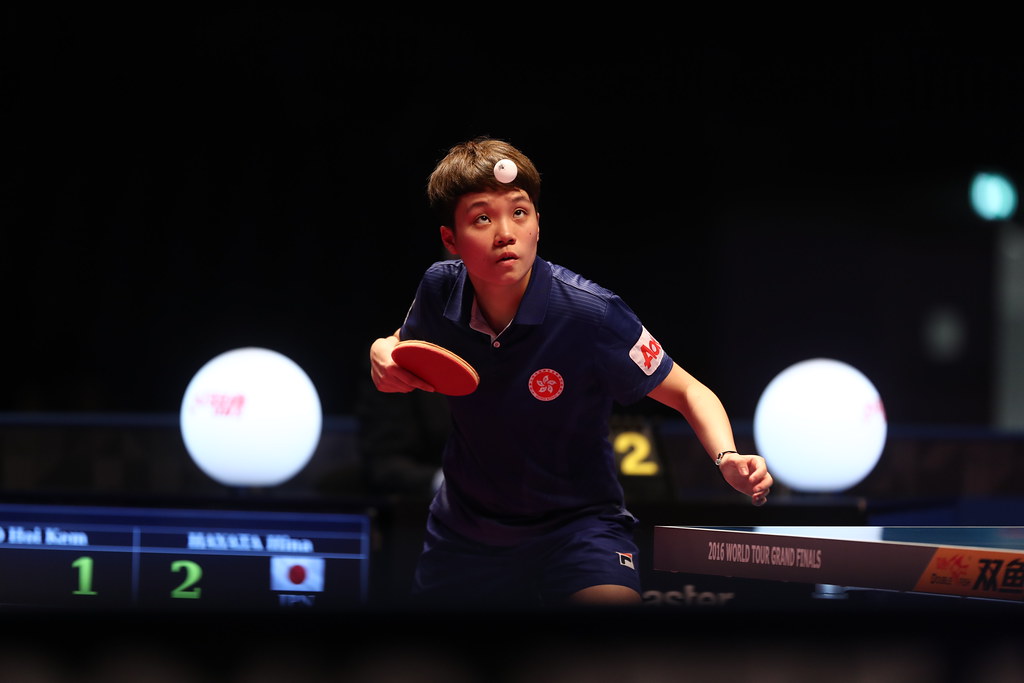by Ian Marshall, ITTF Publications Editor
Based on the European Under 21 Rankings for November 2016, a total of 56 men and 56 women, with a maximum of three nominations per national association in each gender, have been invited to attend the inaugural event.
Four events will be staged: Men’s Singles, Women’s Singles, Men’s Doubles, Women’s Doubles.
Both doubles events will be organised on a knock-out basis.
However, for the Men’s and Women’s Singles competitions, play will be in stages. Players occupying the top eight seeded places will advance directly to the second stage.
Thus the first stage in each of the Men’s Singles and Women’s Singles events will comprise 48 players competing in 12 groups, each group being organised on an all-play-all basis. In the first stage there will be separation by association, the draw being made on a snake system. Players finishing in first and second positions in each group will advance to the second phase.
Therefore, 32 players (24 from the groups plus eight direct entries) will compete in stage two, where eight further groups will be organised, four players in each group.
Players finishing in first and second positions in the second stage advance to the third phase; the 16 players who have progressed will compete for the titles on a knock-out basis.
Leading eight names (subject to final confirmation):
Men: Anton Källberg (Sweden), Tomislav Pucar (Croatia), Can Akkuzu (France), Darko Jorgic (Slovenia), Alexandre Cassin (France), Adam Szudi (Hungary), Sadi Ismailov (Russia), Tomas Polansky (Czech Republic)
Women: Nina Mittelham (Germany), Adina Diaconu (Romania), Chantal Mantz (Germany), Lea Rakovac (Croatia), Audrey Zarif (France), Pauline Chasselin (France), Andreea Dragoman (Romania), Natalia Bajor (Poland)

Local website: Stag European Under 21 Championships
